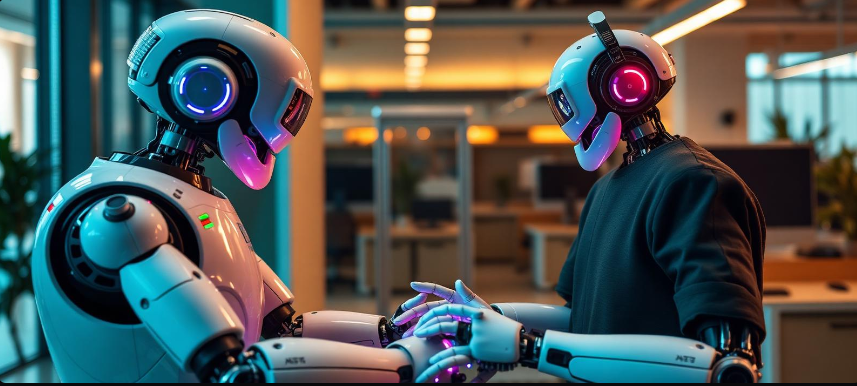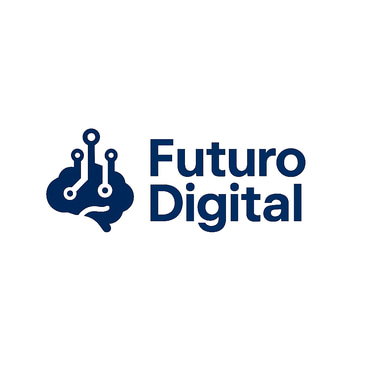AI Agents: The New Era of Intelligent Automation
Explore how autonomous AI agents are revolutionizing work and interaction with technology, driving innovation and everyday efficiency.
9/2/20251 min read


Innovation
Discover how AI transforms everyday life
Technology
Blog
suportevirtual@futurodigital.blog
© 2025. All rights reserved.
Other Pages
